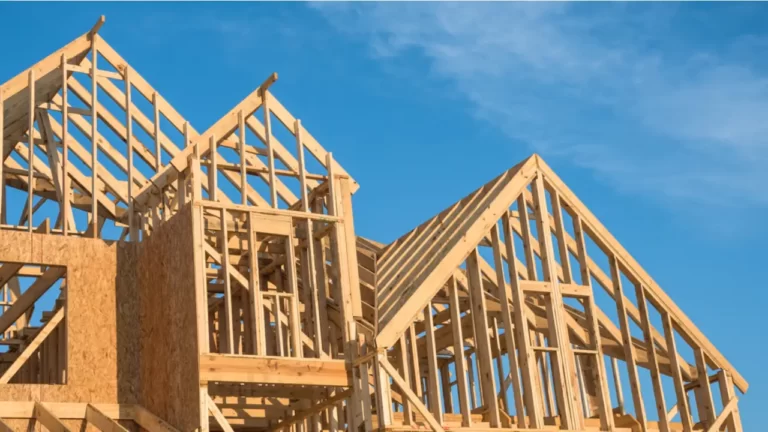When homeowners find themselves in need of extra cash, a cash-out refinance can be an attractive option. It allows homeowners to tap into the equity in their homes and receive a lump sum of money at closing. But what happens if the homeowner decides to sell the home after completing a cash-out refinance?
The short answer is yes, you can sell your home after a cash-out refinance. However, there are some important things to consider before making the decision to sell.
First, it’s important to understand that a cash-out refinance increases the mortgage balance on the home. This means that if the home is sold, the proceeds from the sale will first be used to pay off the outstanding mortgage balance, including the cash-out portion.
For example, let’s say a homeowner has a $200,000 mortgage on their home and decides to do a cash-out refinance for $50,000. After the refinance, the homeowner’s new mortgage balance would be $250,000. If the home is sold for $300,000, the proceeds from the sale would first be used to pay off the $250,000 mortgage balance, leaving the homeowner with $50,000 in equity.
It’s also important to consider any prepayment penalties that may be associated with the mortgage. Some mortgages have prepayment penalties that require homeowners to pay a fee if they pay off the mortgage early, which could include selling the home after a cash-out refinance.
Another factor to consider is the current real estate market. If the market is in a downturn, it may be more difficult to sell the home for the desired price, which could leave the homeowner with less equity than anticipated.
Homeowners who are considering a cash-out refinance and plan to sell their home in the near future should consult with a financial advisor or mortgage professional to determine if it is the right financial decision for their specific circumstances.
In conclusion, yes, you can sell your home after a cash-out refinance. However, it’s important to understand how the cash-out refinance will impact the mortgage balance and to consider any prepayment penalties that may be associated with the mortgage. Homeowners should also be aware of the current real estate market conditions and consult with a professional before making any decisions.







